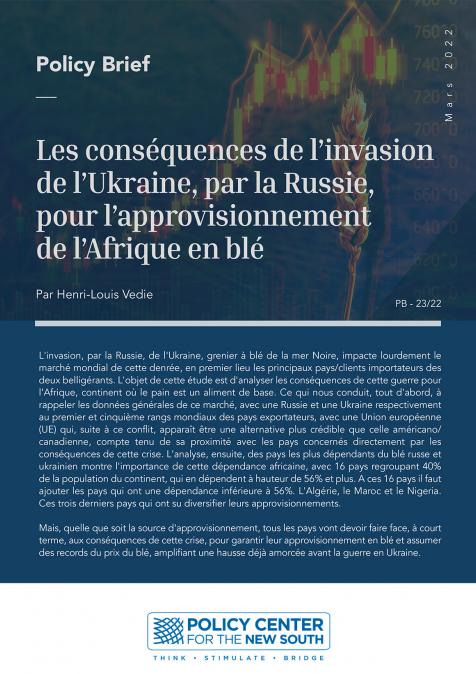Publications /
Annual Report
Book / Report
The fourth edition of the African Peace & Security Annual Conference (APSACO) was held on September 23-25, 2020 under the theme ‘COVID-19 & Security in Africa.’ The three-day event, organized by the Policy Center for the New South (PCNS), was composed of two panels and two workshops:
- Panel 1: The Security Sector in Africa During and After the COVID-19 Health Crisis
- Panel 2: The Privatization of Violence in Africa: Non-State Armed Groups and Private Security
- Workshop 1: Human Security Index in Africa
- Workshop 2: Global Peace Index
As has become the trademark of PCNS conferences, APSACO gathered experts from different parts of the world, fields, and professions – from the military and political world to academics and the civil society – to ensure a broad and fruitful conversation. This report presents and summarizes the chairs’ and speakers’ interventions and the main issues tackled during the conference. More information on the participants, the agenda, and other details is annexed to this document.












